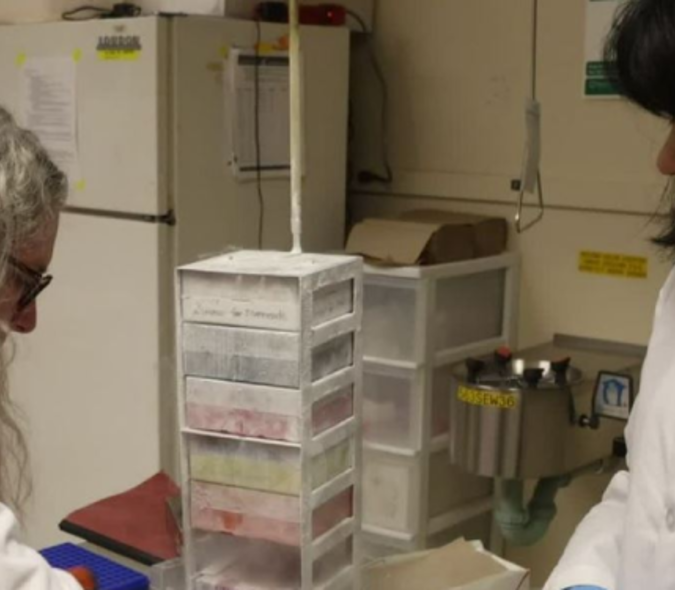
Dr. Wallace and Jim Bjork Publish Article on Remdesivir
Kendall Wallace, PhD, Professor of Biomedical Sciences, and Jim Bjork, Researcher 3 in the Wallace lab, recently published an article in Toxicology and Applied Pharmacology. The article is titled, "Remdesivir; molecular and functional measures of mitochondrial safety," and addresses the safety of the only drug so far approved by the U.S. FDA for treating hospitalized patients with severe Covid infection.
Remdesivir, like many antiviral therapies, is a nucleoside analog that is incorporated into and inhibits replication of the virus genome. Unfortunately, some nucleoside antibiotics are not specific to inhibiting replication of the virus but also inhibit replication or translation of the host cell DNA. This off-target effect of some antiviral drugs has earned them, as a class, the reputation for depleting cells of mitochondrial DNA (mtDNA) and exhausting the cell's energy for biologic function and survival.
The Wallace lab tested whether Remdesivir interferes with mitochondrial genomics or energetic function, which could lead to severe limitations to the clinical use of the drug. The results they found, however, did not reveal any adverse mitochondrial toxicity associated with increasing concentrations of Remdesivir, tempering concerns regarding the safety of the drug when used to treat hospitalized patients infected with Covid-19.



